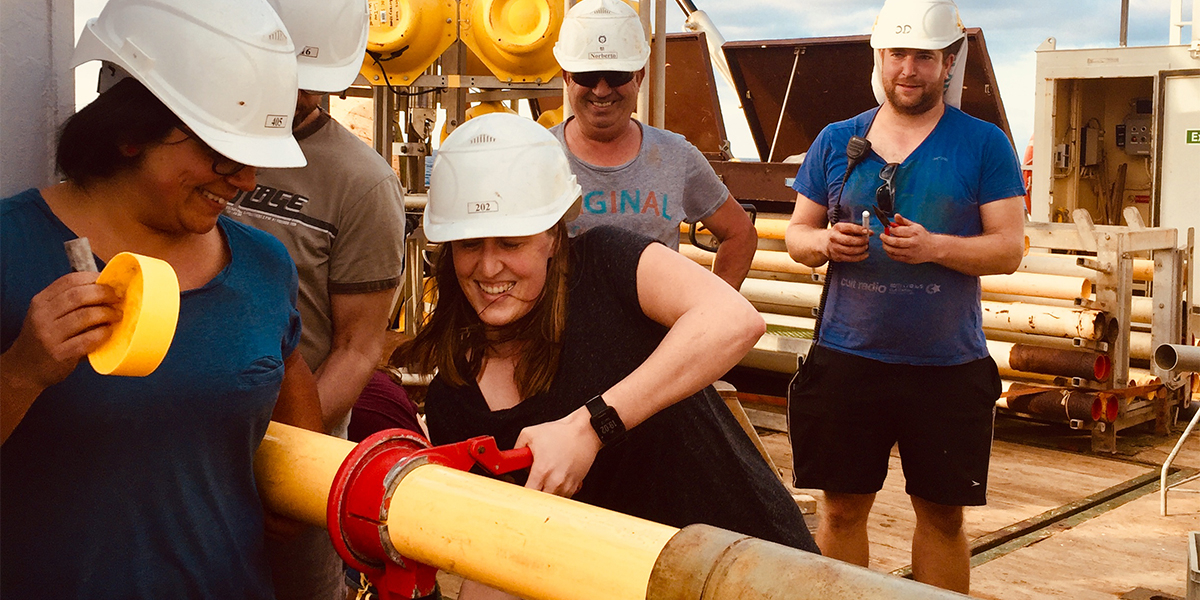‘PaleoNiMUR' project receives NWO Science-KLEIN Open Competition award

The ocean plays a fundamental role in mitigating global climate by absorbing carbon dioxide though phytoplankton-fuelled primary production. Sequestration of this greenhouse gas is possible through the sinking of particles containing biologically-fixed carbon through the water column to seafloor sediments for long-term burial. The capacity of the biological pump depends firstly on the growth of these phytoplankton. The availability of the essential nutrient nitrogen (N) is an important factor limiting this growth. The marine biogeochemical N cycle involves microorganisms that convert N into its different chemical forms.
Some of the most productive regions in the ocean are marine upwelling regions (MURs), where cold nutrient-rich water is brought to the surface. MURs are also accompanied by oxygen-depleted zones (ODZs) in the subsurface waters. This is of significance as under anoxic conditions, microorganisms perform denitrification processes that converts bio-available N into inert dinitrogen gas, which shifts the marine system towards a net loss of N. Thus, N cycle dynamics in MURs have important implications for primary production and global climate.
However, the relationship between N cycle dynamics in MURs and changing climate is poorly understood. This is especially important as we see modern greenhouse gas concentrations increase and ODZs intensify. To elucidate the relationship between climate and N cycling in MURs, this project will analyse marine sediment records over the last major climate shift caused by increases in greenhouse gas about 12,000 years ago: the last glacial-interglacial transition.
We will investigate the chemical signatures (novel lipid biomarkers and complimentary compound-specific N isotope tools) preserved in ocean sediment to reveal the intensity of specific N conversion reactions as well as determine the presence of specific microbial processes in the N cycle. The knowledge gained will help predict how the nitrogen cycle will react to modern climate change.

